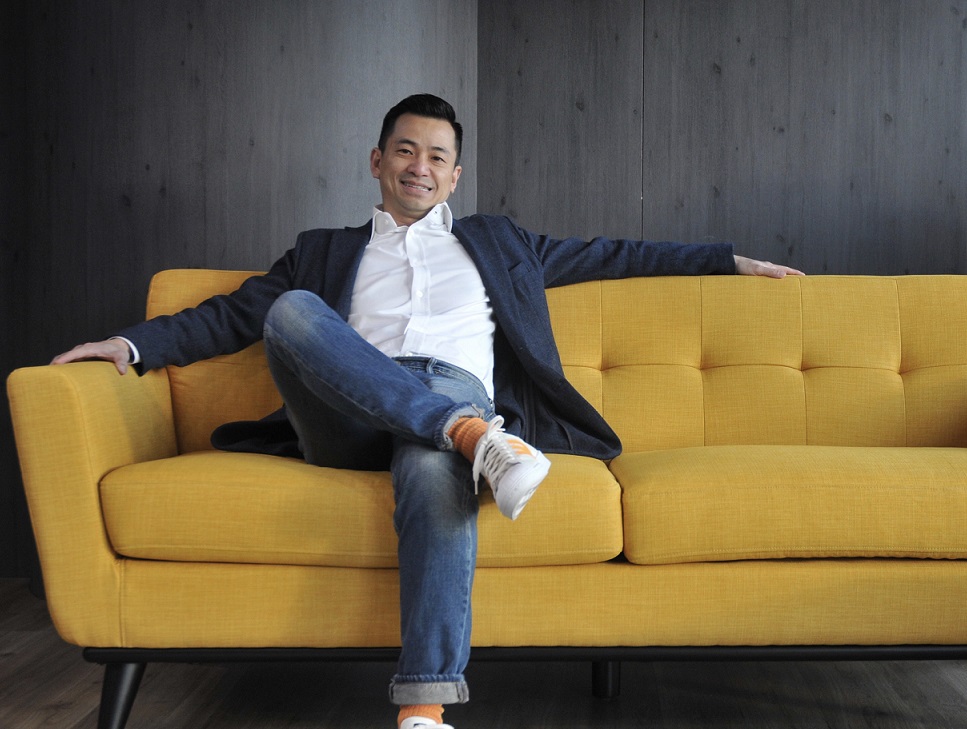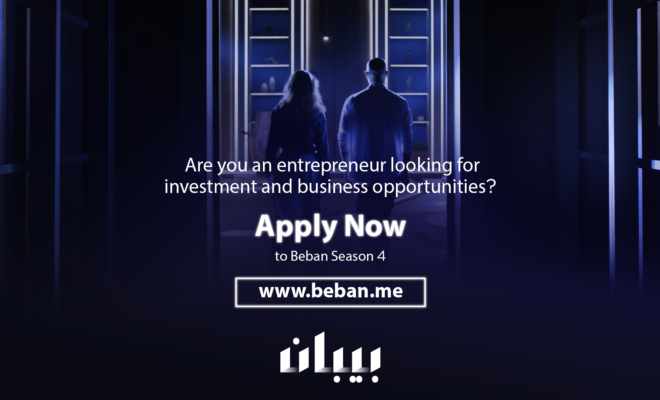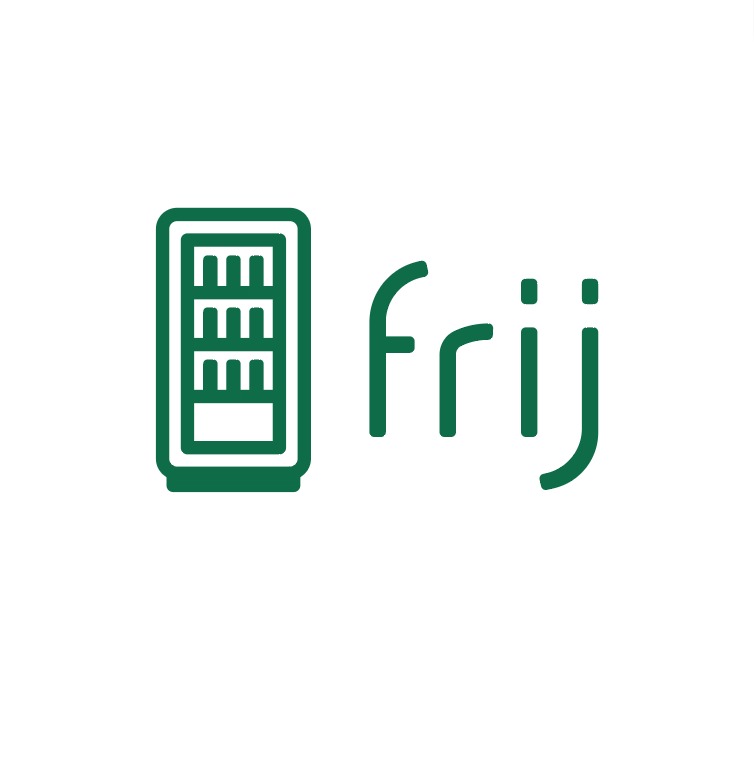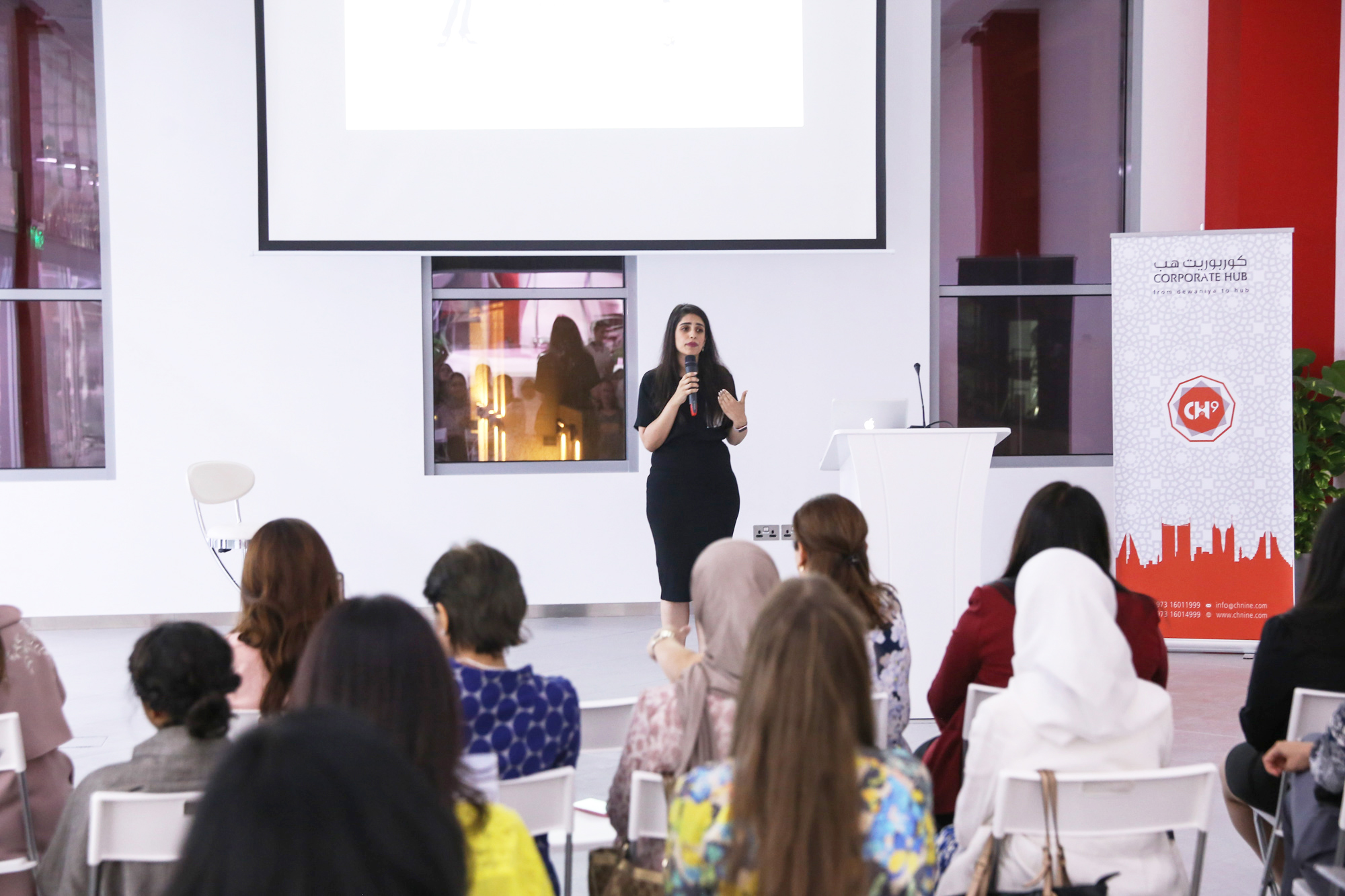The Institute of Life- An Interview with Eric Sim CFA & Entrepreneur

Please tell us more about the Institute of Life and what inspired you to start the business?
I was weak in school – weak in sports, weak in studies and weak in social skills. Because of my lack of social skills, I also performed poorly during the early part of my career. Only in recent years, did I realize the importance of many skills that were not taught in schools: skills like the ability to change people’s minds, the ability to see things through other people’s perspective, cultural awareness, the power of habits and time management, just to name a few.
I set up the Institute of Life (IOL) to teach these skills to complement what’s being taught in schools. I got the idea of setting up IOL in December 2015 when I wrote a LinkedIn article on the education we need. The article attracted3,000 likes but it was the 1,000 comments that made me set up IOL. Although a few readers disagreed, saying that some schools are already teaching life skills, many readers echoed my sentiment that we need to teach career and life skills. I set it up anyway.
I incorporated some of these skills into my university teaching. I was Adjunct Associate Professor at the Hong Kong University of Science and Technology from 2016 to 2019; now a guest lecturer at Queen’s University (Canada) and a Senior Career Fellow at Nanyang Technological University in Singapore. It took me a few years to tweak the curriculum to get it right.
Can you tell us more about how young professionals can be both more productive at work and successful in life?
Young professionals can be productive at work by cutting down choices and developing useful habits. For example, I wear the same Timex watch for all occasions, whether I am in my suit attending a wedding or in my exercise gear going for a run. Cutting down choices helps us focus on the more important tasks. I drink a glass of warm water first thing in the morning, this habit does wonders to the body. It helps me stay alert throughout the day.To be successful in life one should start by helping others first, learn new skill every year, and keep fit and healthy.
You are globally the most followed CFA charter holder on LinkedIn, and you talked about how to use social media to advance your career. Can you give our readers some tips?
- Always add value to your connection when you post on social media. So instead of posting about expensive restaurants, you can post about the three best restaurants to entertain foreign friends and clients in Bahrain. Talk to the chef and take a video of the kitchen showing how that chicken is grilled over charcoal or how the rice is being cooked.
- Use social media to engage with key people – people who are your role models, people who can motivate you or influence you positively.
- Use social media to build your personal brand. And trust is the most important quality of a brand. Without trust, no business can be done.
When you were a star banker, you helped budding bankers with their careers; is there a lesson there? Do you think that helping others can also help us grow professionally and individually?
I wouldn’t call myself a star banker. The name was given to me by an editor with efinancialcareer. He was being kind. I help budding bankers navigate the treacherous and cutthroat working environment in investment banking. I tell them to always treat people well and with respect when you are in a position of authority and power.
When you help others, you gain so much more. The gain may not come directly from the people you help, it may not come within the same month but it will come.
What advice/ tips can you give to aspiring entrepreneurs?
Entrepreneurs should have a personal brand. Investors invest in founders more than ideas and products. A trusted and competent brand can attract not only investors but also talent and customers. Entrepreneurs should develop the ability to build rapport with people quickly which will help them sell their ideas and products more effectively. The entrepreneurship journey is tough. There will be ups and downs and there will be more downs than ups, so having support from friends and family helps.
When the going gets tough, go for a run or exercise in the gym to clear your mind. Be ready to adapt and pivot. Have a mentor or coach to get some different perspectives. There may or may not be a monetary reward at the end but the entrepreneurship journey itself is definitely rewarding.













